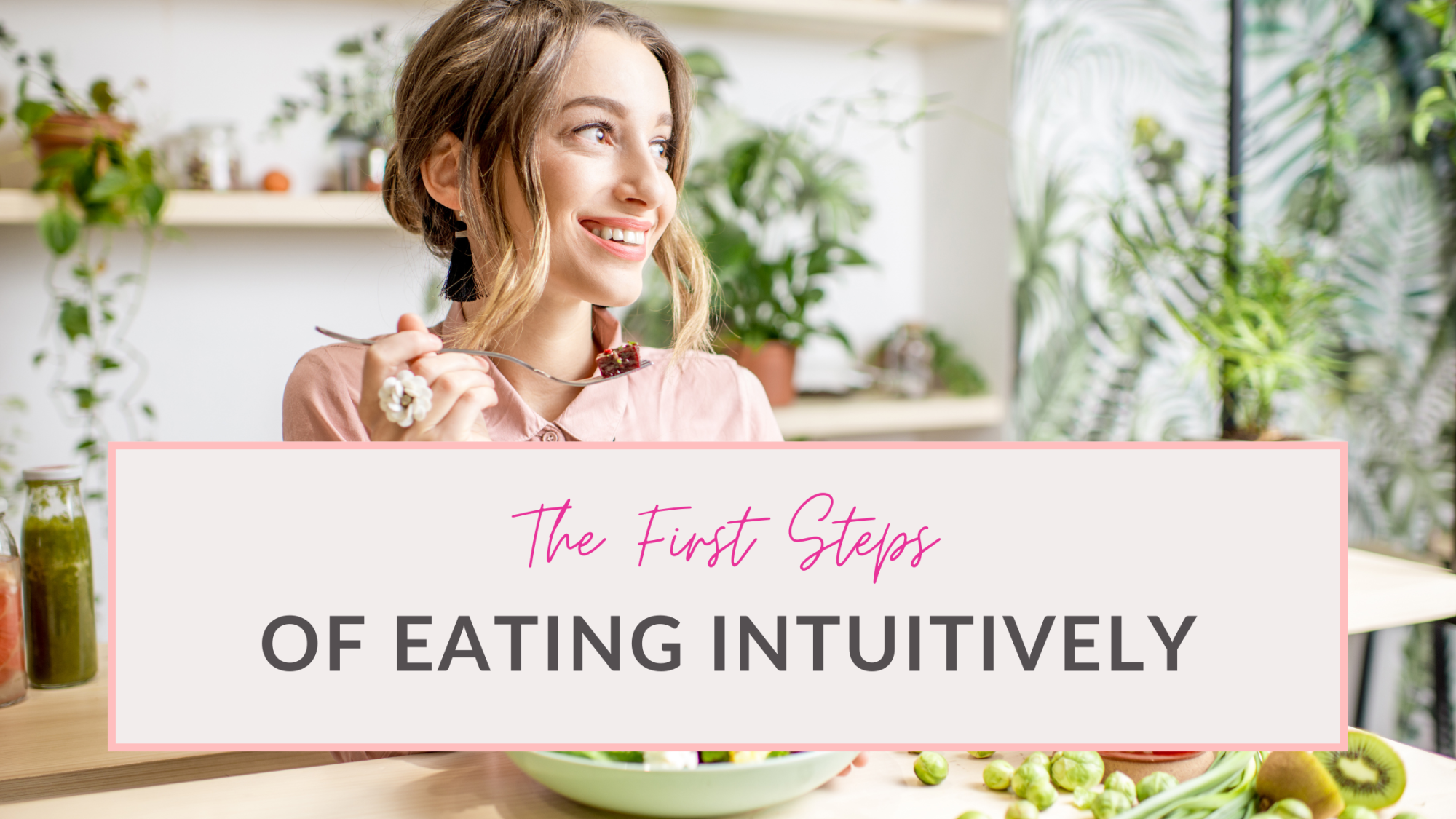
Do you ever feel like you have no control over your eating habits?
You're not alone; your relationship with food can be tricky and challenging to navigate. One tremendous help is learning to tap into your intuition and use it to improve your relationship with food and balance your eating patterns in a way that feels tailored to you.
Intuitive eating is a way of making peace with food and your body. It's about listening to your hunger cues and eating in response to them, rather than in response to emotion. When you're in tune with your body's hunger signals, you're more likely to make the choices that are right for you. So, how do you become aware of your hunger cues? Here are two simple ways to start...
Learning Your Hunger Cues
Most of us have been taught to eat when we're hungry and stop when we're full. But what exactly are hunger cues? Hunger cues are the physical and psychological signals that tell us it's time to eat. They can include things like a rumble in our tummy, headache, irritability, or feeling lightheaded. Paying attention to these cues can help you better understand your body's needs and how to fulfill them. Unfortunately, many of us have become disconnected from our hunger cues, and we often eat based on the clock instead of listening to our bodies. What does your body feel like when you're hungry? How do you know when you're really hungry, instead of just wanting to eat because it's time for a meal? Paying attention to these cues will help you start eating only when you're hungry.
Knowing When to Stop
Knowing when to stop eating can be difficult, especially if you enjoy the food. However, overeating can lead to uncomfortable side effects such as indigestion and bloating and can also be harmful to your health in the long run. That's why it's essential to know how to listen to your body and stop eating when you're full.
There are a few cues that you can look for that will indicate that you're getting close to being full. For example, you may start to feel a subtle sense of discomfort in your stomach. You may also notice that you can no longer eat as quickly as you were when you first started. For me, I notice that I take a big breath (almost like a sigh) when my body has had enough food. When I sigh, that's my queue to put the fork down. If you're paying attention, you'll likely notice these cues before you reach the point of feeling stuffed.
If you're struggling to eat intuitively, it's okay to seek help from a Health Coach or other trusted professional who can help you get started. Intuitive eating is a process that takes time and practice. When you start eating intuitively, you'll likely find that you have more energy, better digestion, and a healthier relationship with food.
What are your thoughts on intuitive eating? Have you tried it before? Drop a comment below and let me know!
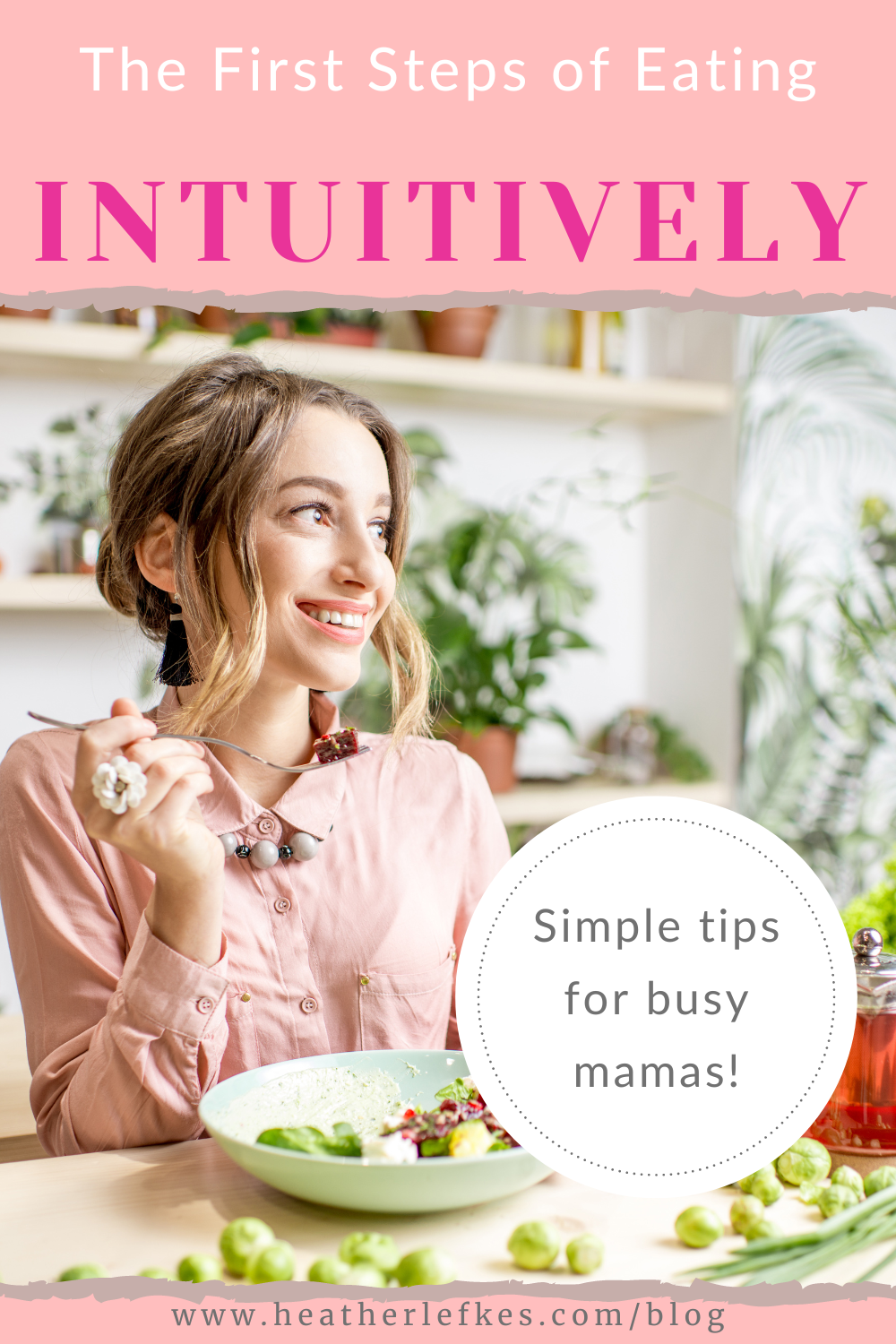



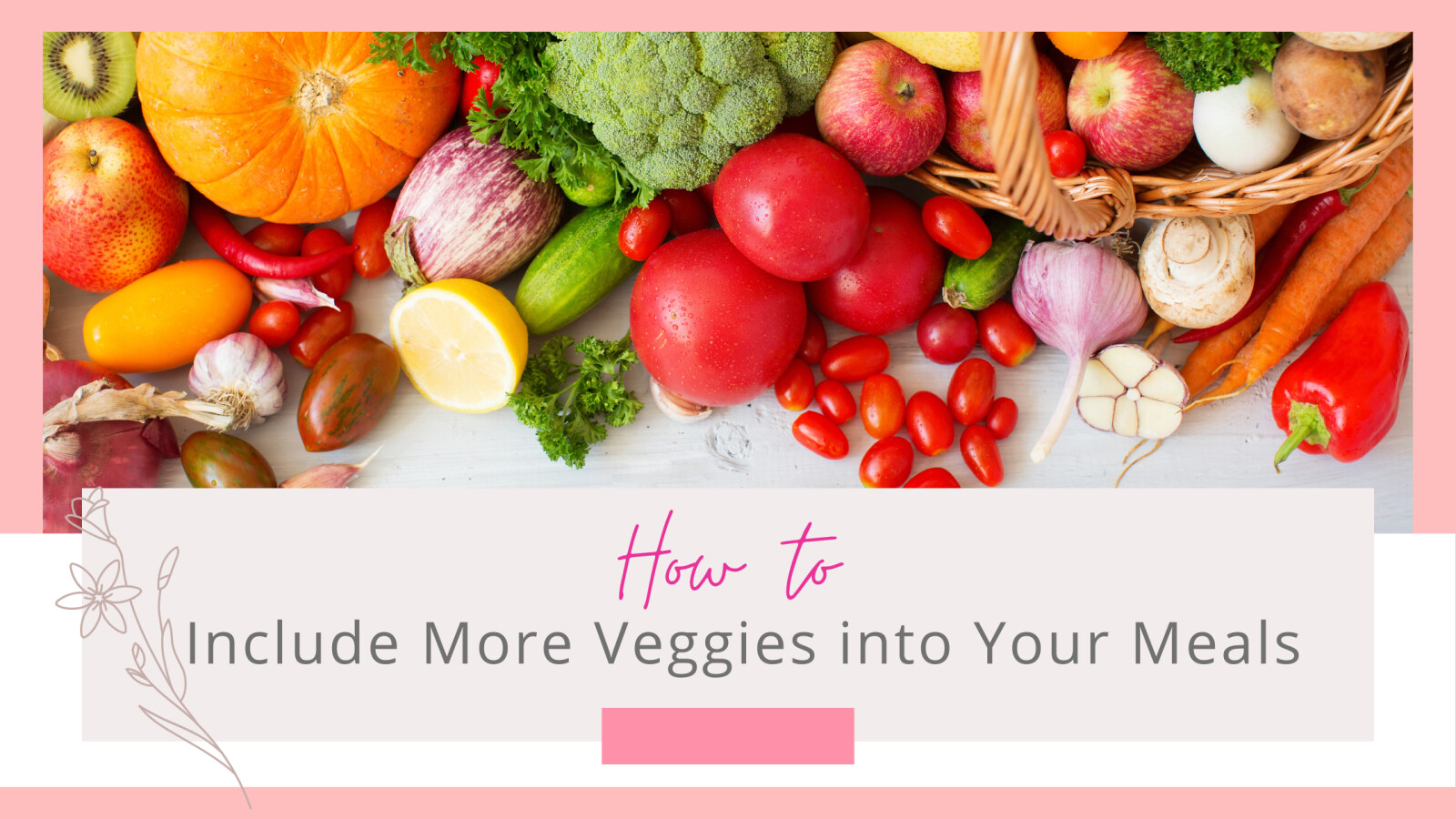
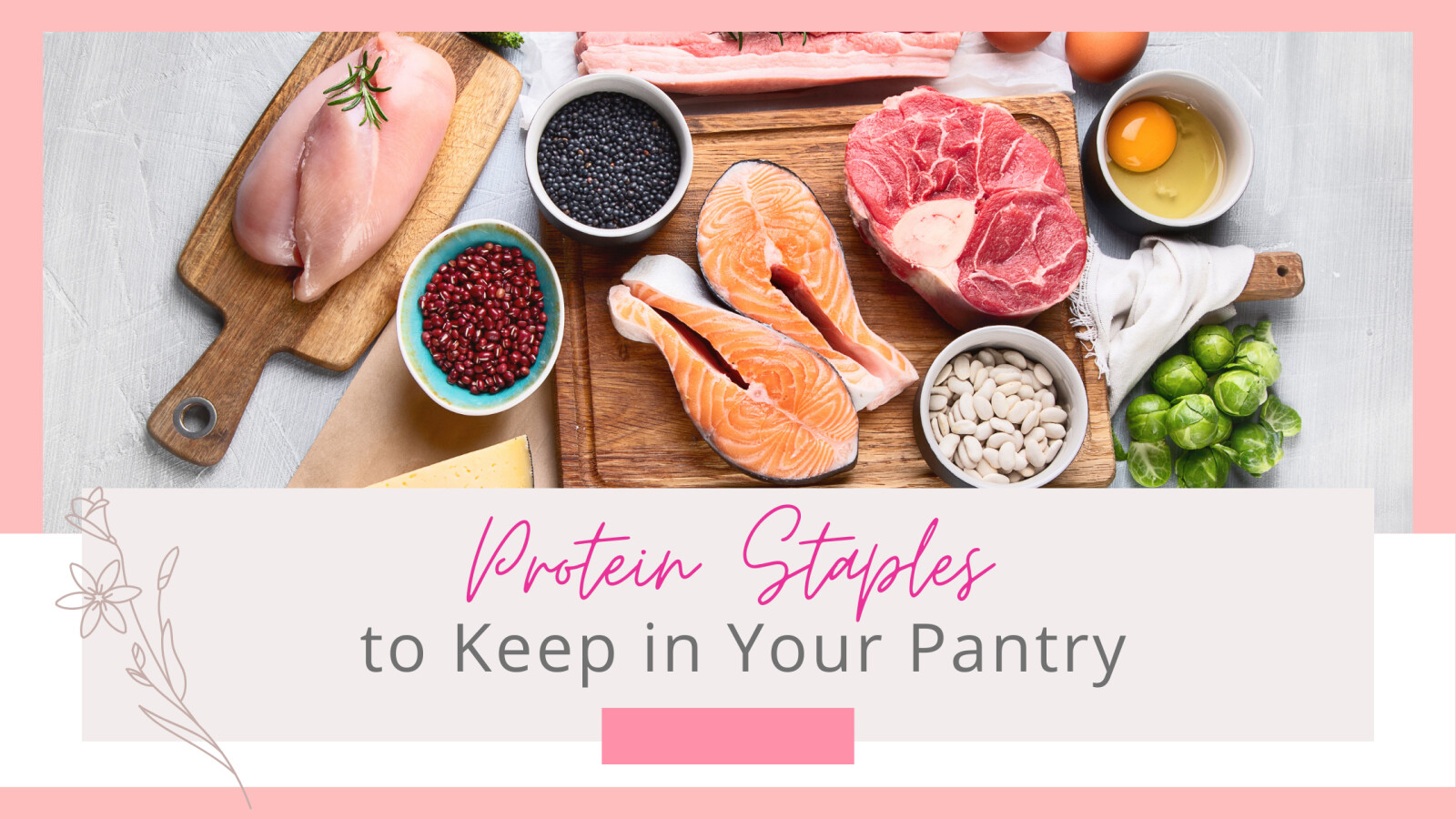
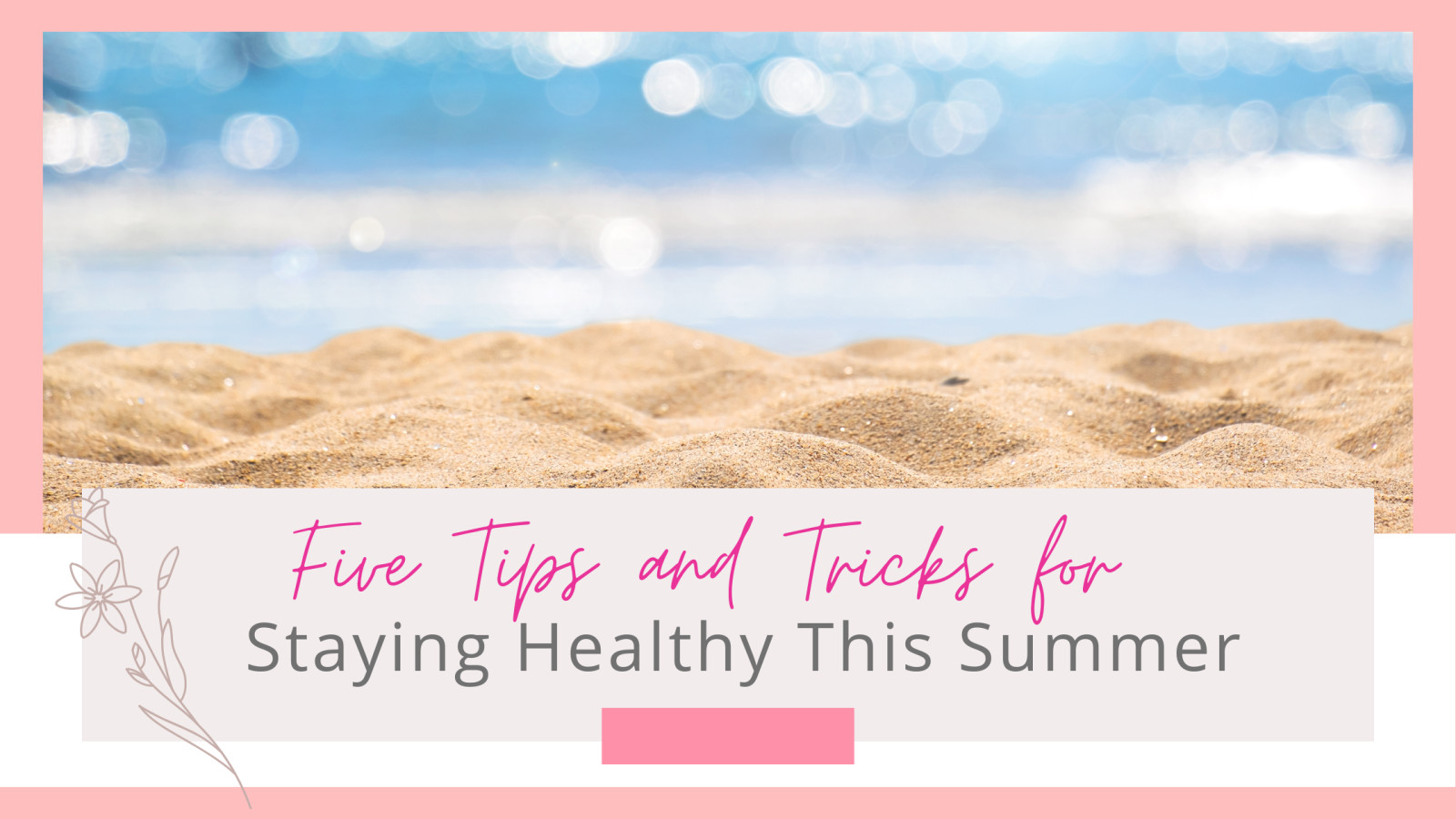
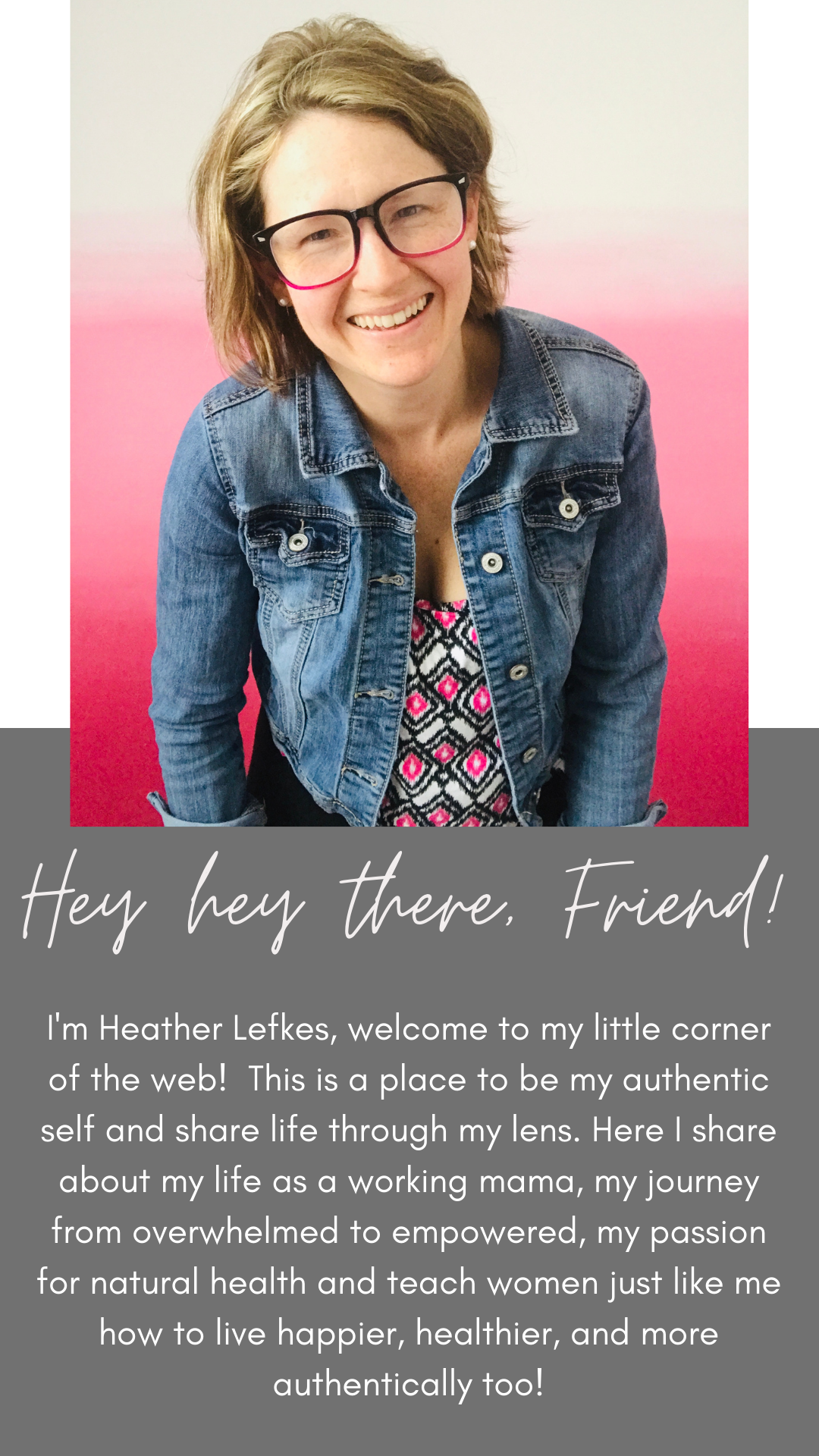
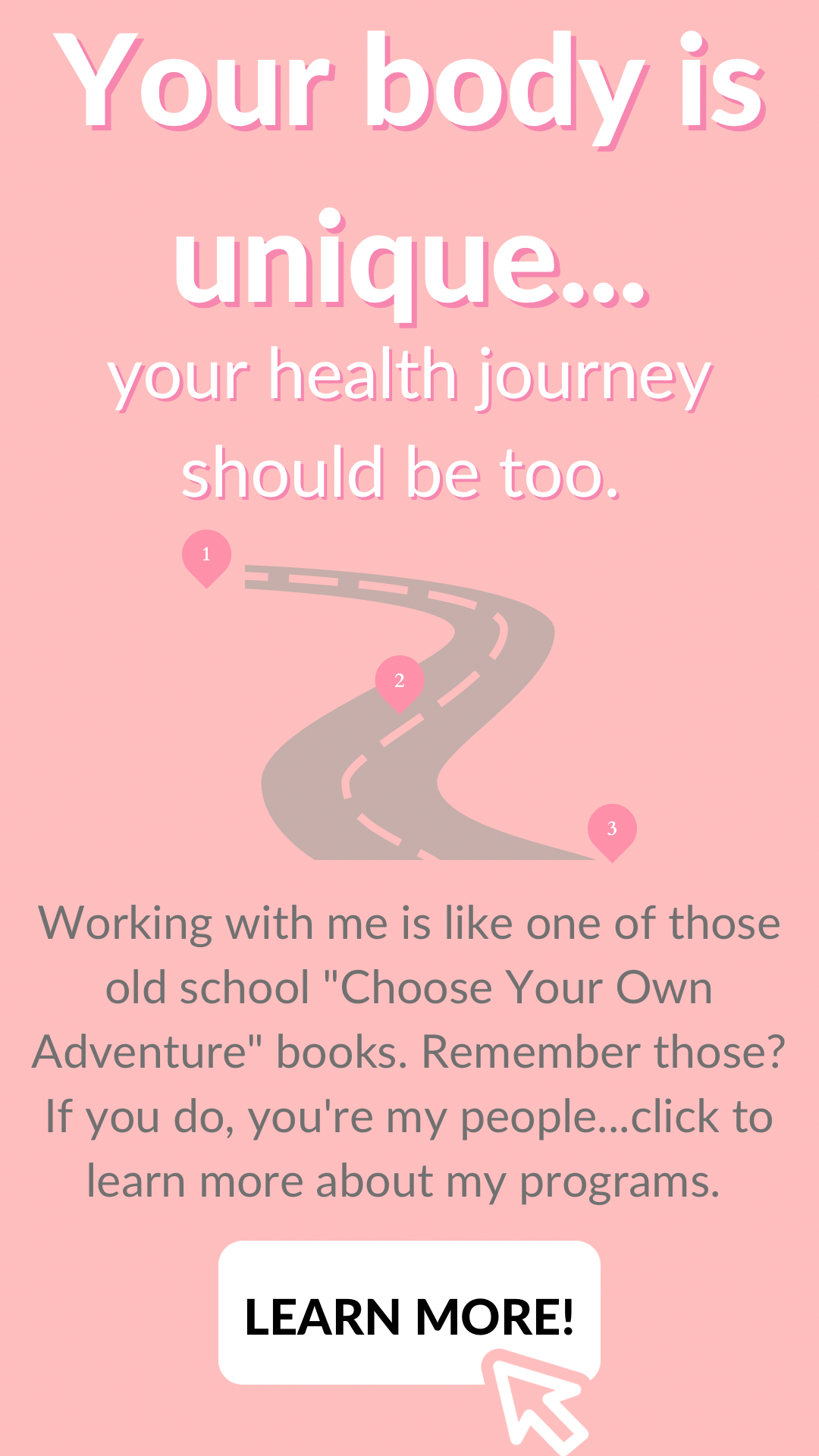
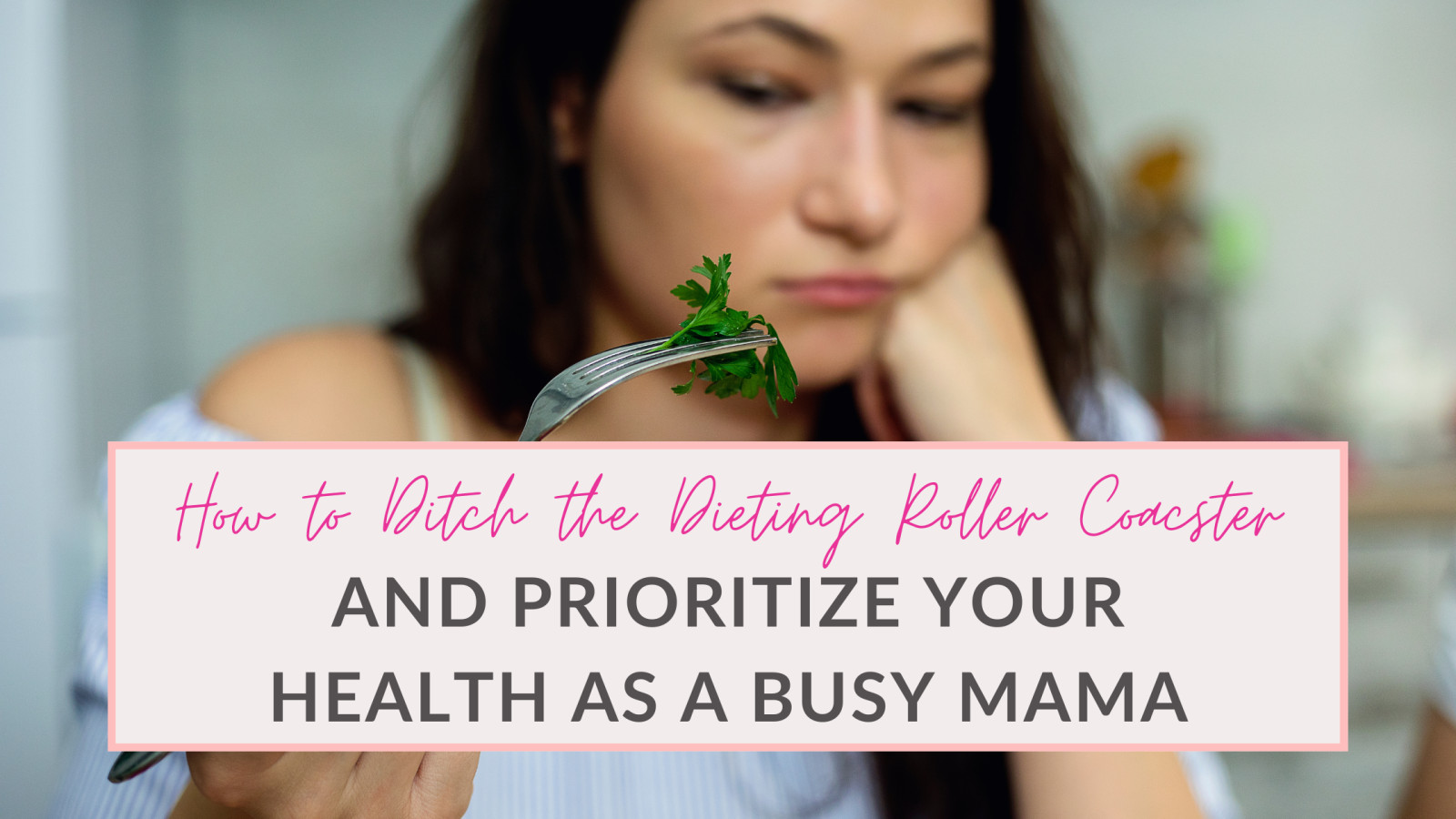
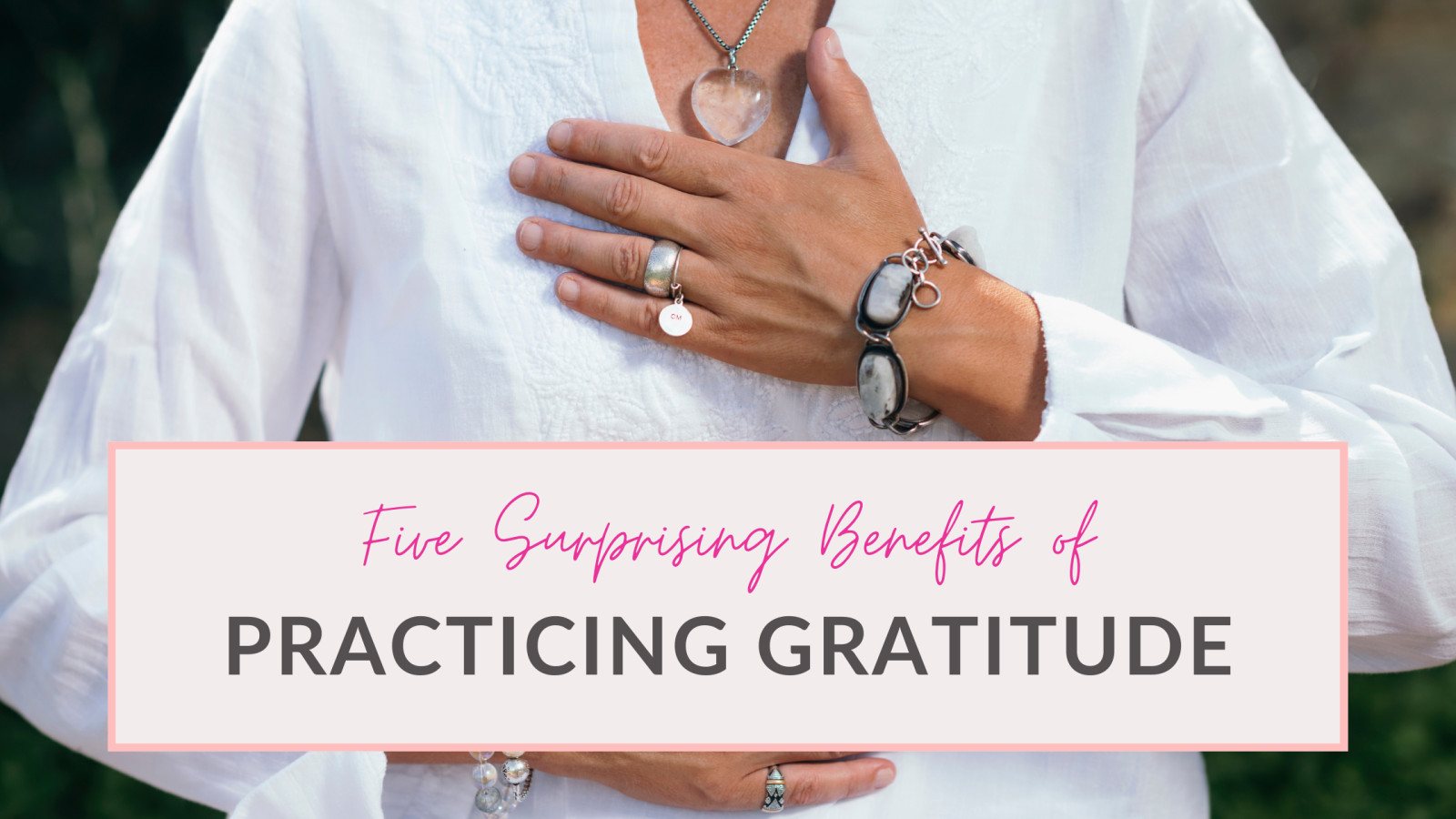

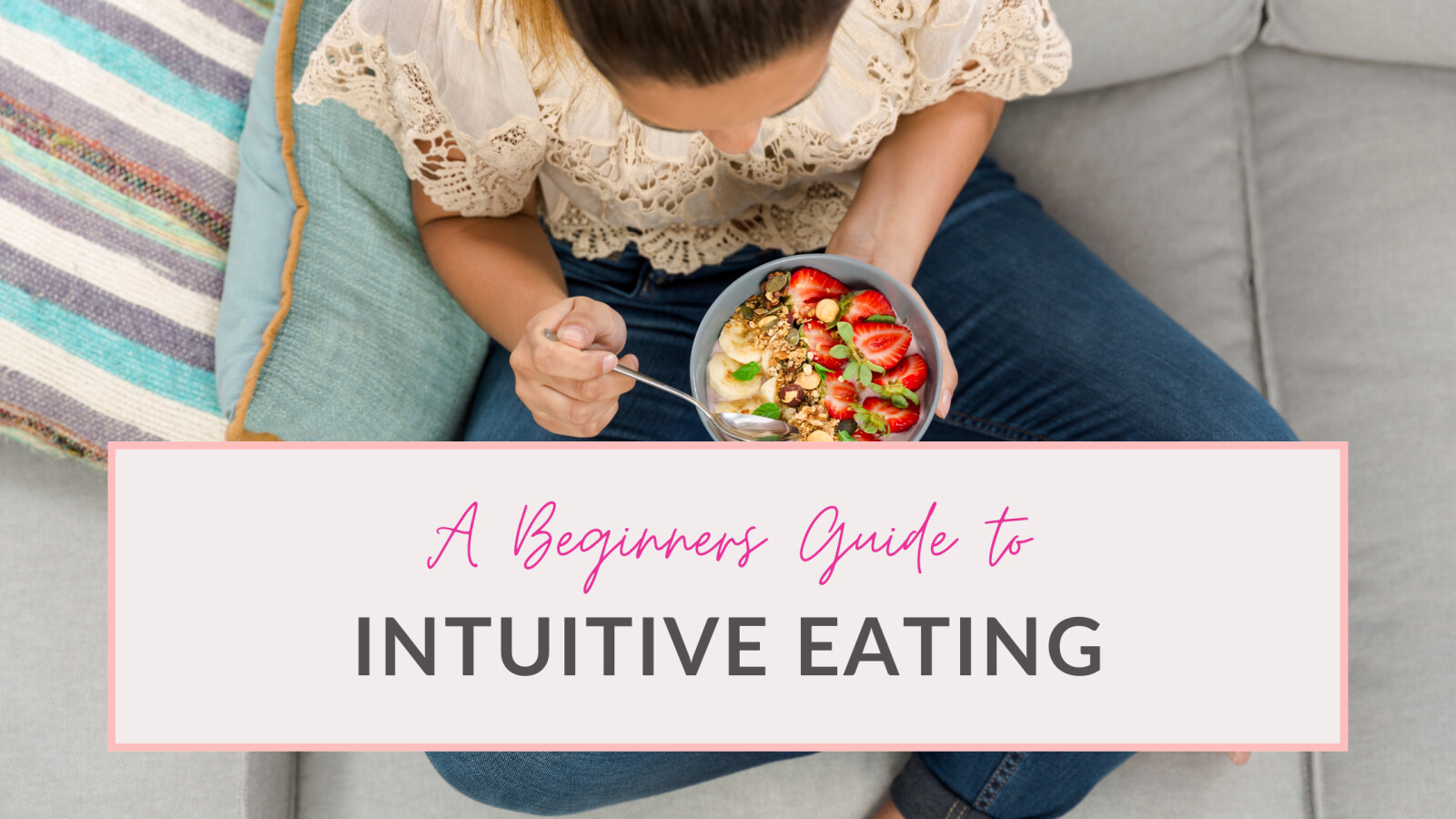
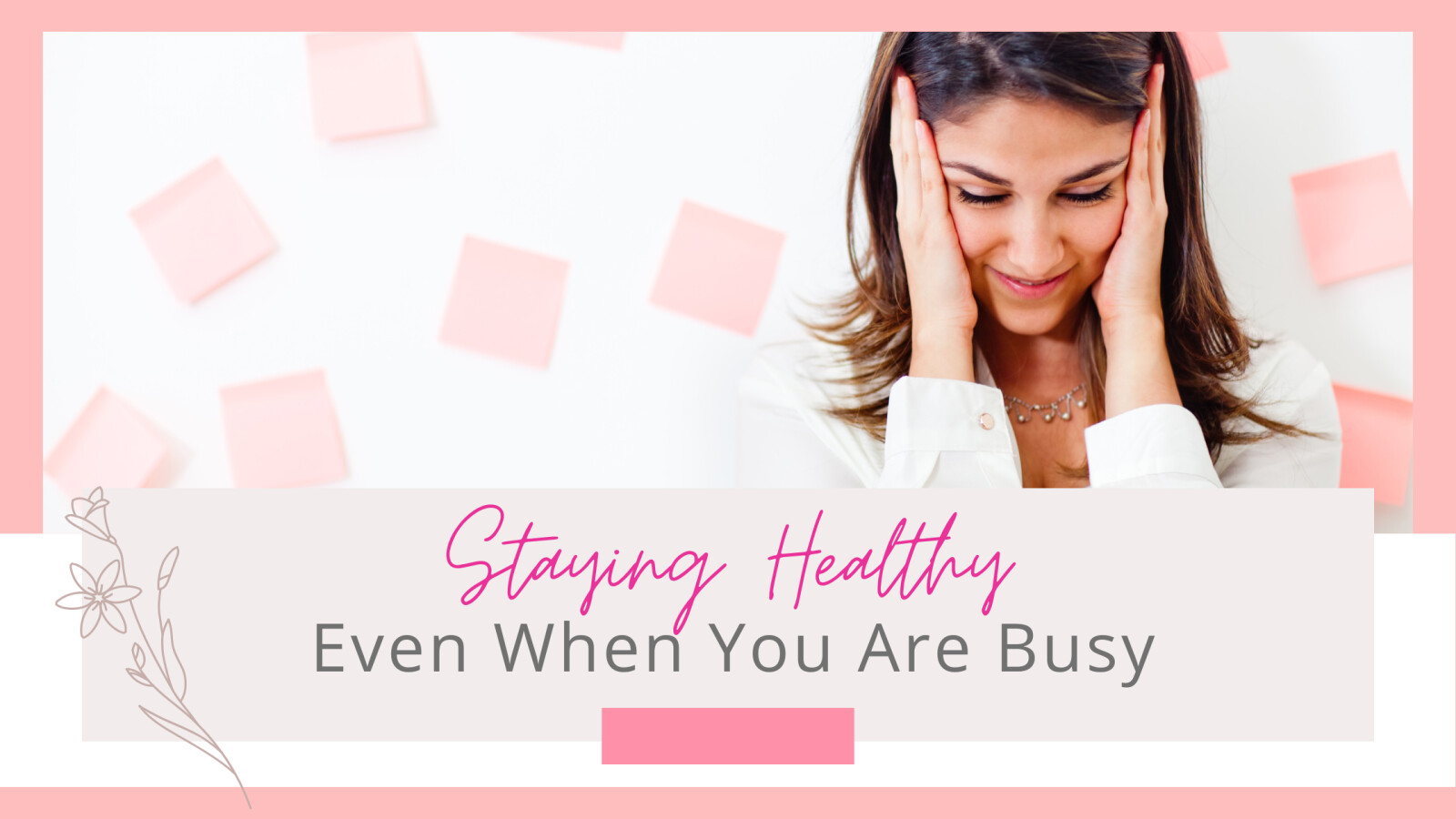

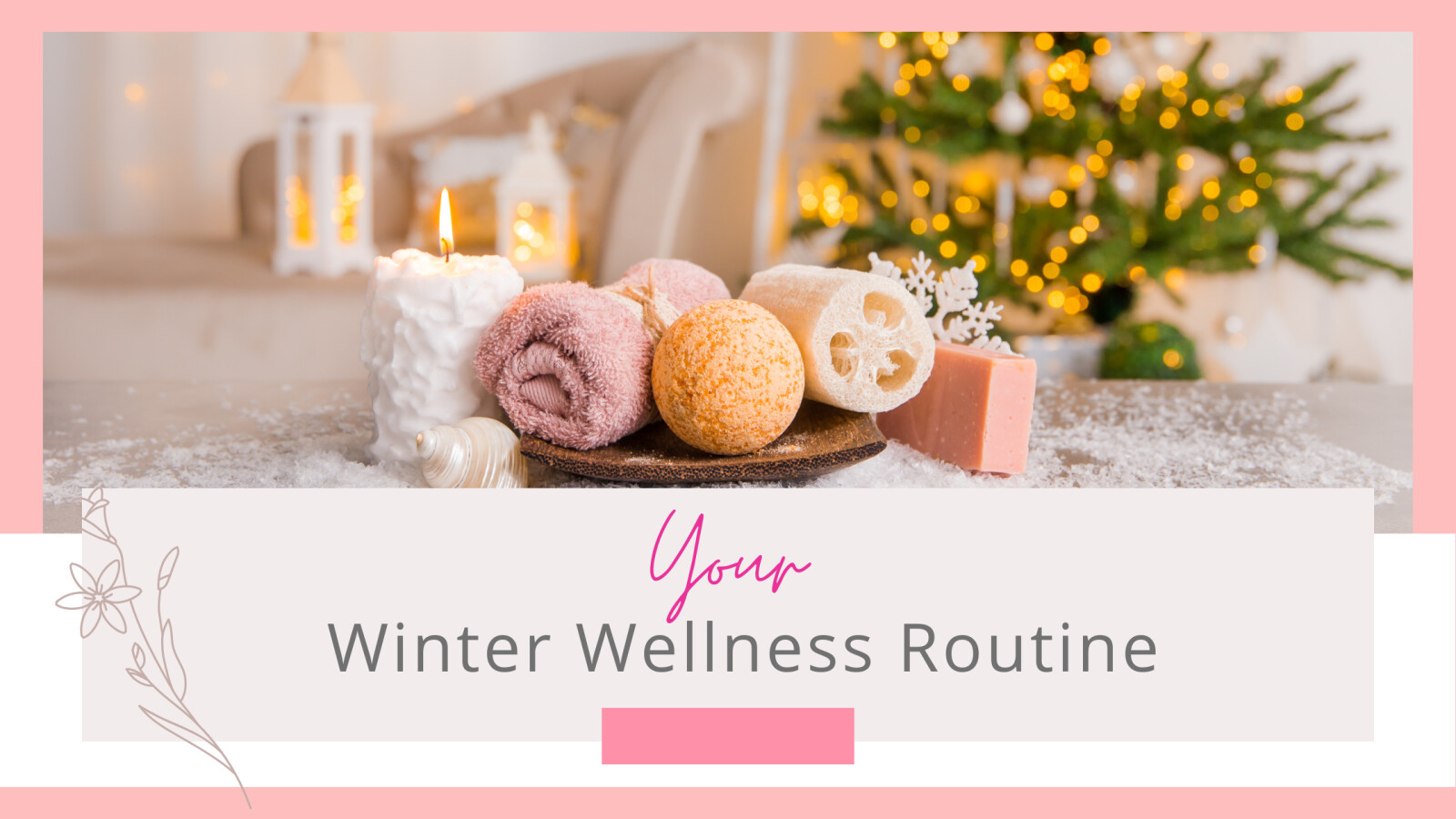
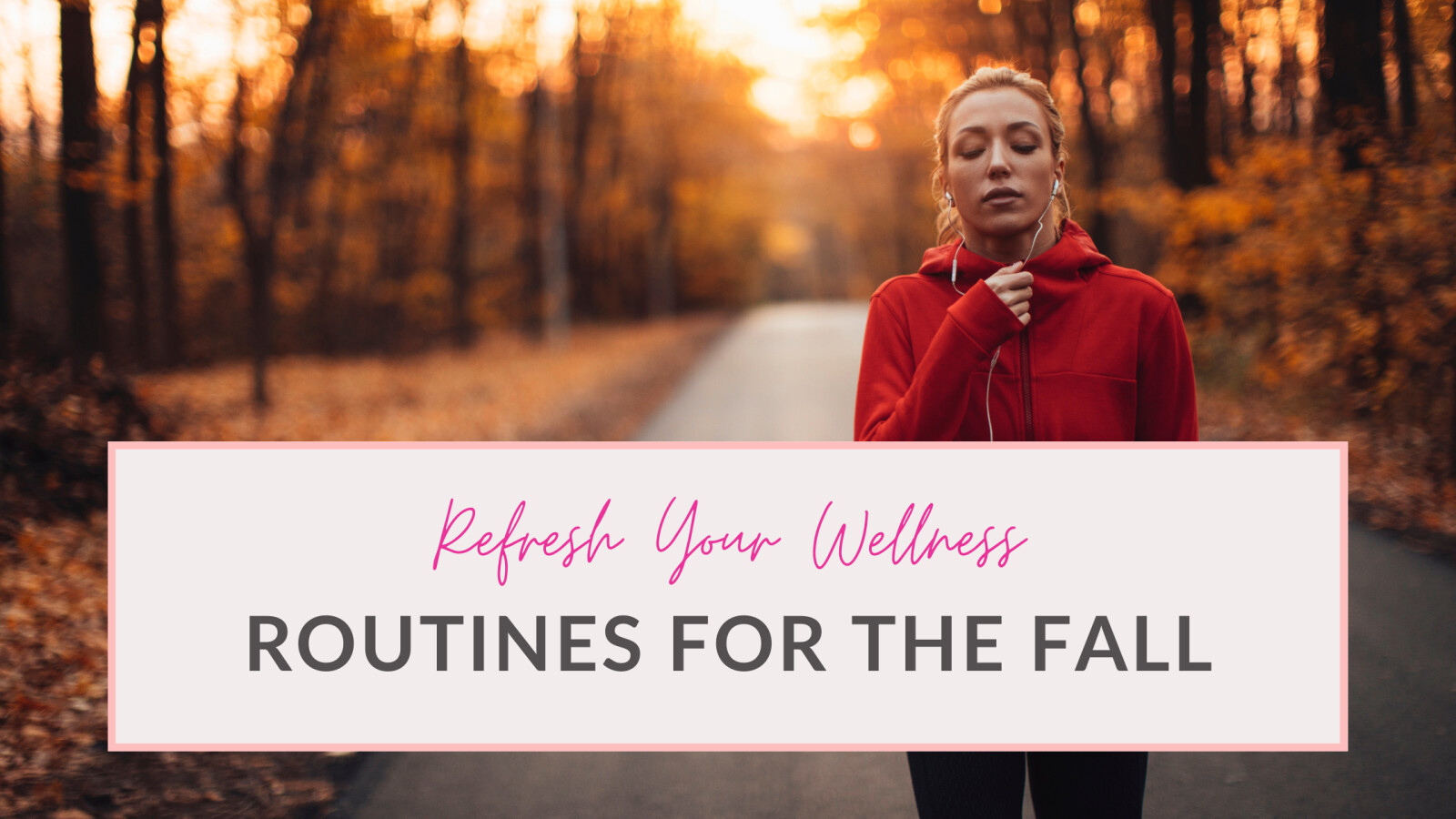





0 Comments